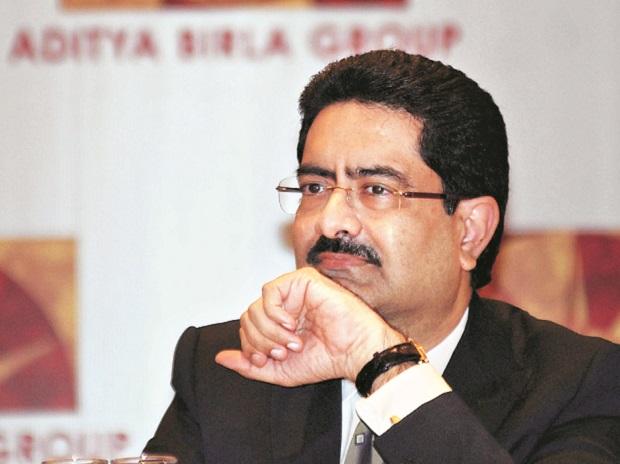Hindalco Industries Chairman Kumar Mangalam Birla said COVID 19 and its related lock-downs caused an on-going social and economic crisis, with the country’s GDP in 2020-21 being liable to contract.
He noted that at a time when the economic conditions underlying this situation were reduced due to greater global instability and stress in the domestic financial system, COVID-19 affected India.
Birla, in a report to shareholders, said that India’s GDP is likely to contract for FY21, “it is estimated that around 80 percent of India’s GNP comes from red and orange lockdown zones, where economic activity remains very restricted.”
In this age it’s difficult to be prescient in view of the fog of insecurity all around, Birla said. In the last week of FY2020 a strict national lock-down to control the spread of the pandemic began and remained involved at various rates through much of the first quarter of 2020-21.
“However, one fact will emerge as the champion of a new global order: companies that have strong leadership, strong company structures, and consistent success in turbulent times,” he said.
An economic downturn will take place this year, but the 2020 recession will be very different from those of the past recessions, says Birla.
The contraction is potentially the shortest on the plus side because the pandemic repetitions have no second wave. With current global lockdowns and businesses reopening, the business activity is bound to rebound fairly rapidly, he said.
Certain crisis scars will remain in the form of lower consumer and business trust. Some industries, such as airlines and hotels, will require time to completely recover. And there will be some effects of supply chain disruption. As the world emerges from the current crisis, growth lacks, lower commodity and inflationary prices, cautious project investment trends, and increasing risks of de-globalization are likely to be characteristic for the coming years, as well as political uncertainty and an increasing dependency on ultra-loose monetary policy conditions by financial systems. Birla said.

